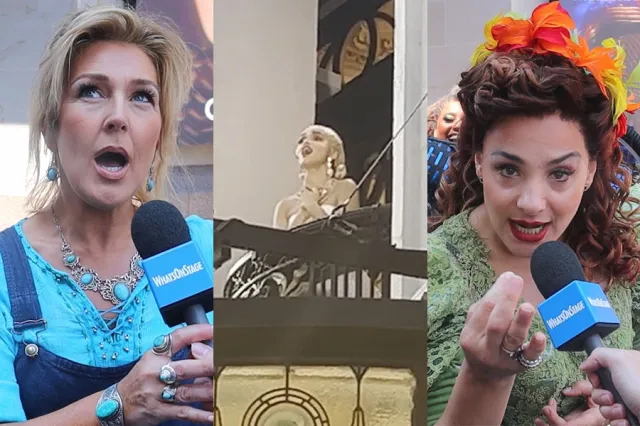Vanessa Redgrave on guest directing the 2012 Brighton Festival
You have chosen a poem of Seamus Heaney From the Republic of Conscience to shape your contribution to the festival. I wonder if you could explain why?
I’d love to. It was the genius idea of Arts for Amnesty in Dublin, in the presence of Vaclav Havel, who was awarded his first Ambassador of Conscience. He told us of the Czech people and dissidents who were imprisoned but who loved this poem and I think it’s a fantastic piece which inspires us to speak on behalf of so many who cannot.
What is the main theme that you have chosen for the festival?
I think it’s imagination. The imagination that helps to create new work, work that needs to be supported. The imagination of artists who have begun to make their way. It’s about the images in our imagination that create profound responses to various themes in our world which may inspire us or indeed may, actually, make us concerned.
Another theme that appears in the festival is The Rights of the Child. This is particularly true in your son Carlo Nero’s film Wake Up World. Is this influenced by your work as a goodwill ambassador for UNICEF?
People don’t know the history of how something extraordinary like the Universal Convention on the Rights of the Child was worked for and how we go on working for children’s rights. It’s not at the top of anybody’s priority list, so basically my work in the various programs is to help people see, and I think the film really helps to get this across, that even in conflict and disaster, children are the foundation and they are so full of an imagination that inspires me.
You will, of course, be appearing in one of the highlights of the festival yourself. Can you tell me about that?
It’s called A World I Loved, written by Mariam Said, widow of Professor Edward Said. She is co-founder, with Daniel Barenboim, of the Barenboim-Said Foundation which brings together different Arab countries in a workshop in which they work on a number of pieces of music and then they do some very important tours.
The piece is based on the memoirs of Wadad Makdisi Cortas, from her time as a pupil, teacher and then principal of the Ahliah School for Girls in Beirut. It’s a memoir told with such warmth and it details her longing to help her girls become women with the minds and knowledge that they had a right to have but that were destroyed by power-politics internationally. It tells of her spirit that said: “Ok, if there are barriers then, with our music and our poetry we will try and influence Arab culture”.
There will be readings of some of those wonderful poems and stories of some of the amazing people who inspired her. Helen Keller came to lecture at the college which meant everything to the pupils in that world where, even today, girls are designated for marriage and their education is ended.
What persuaded you to take on the role of guest director for the Brighton Festival?
Well, actually my first big job was down here in Brighton. It was also here where I played in The Prime of Miss Jean Brodie, which I was finding very difficult ,and it was while I was here that I worked out how to change course to be able to work in the way that the piece demanded.
I also think that, theatrically, Brighton is an historic place. You have this wonderful, very special theatre which holds those memories and it’s one of the reasons why I am so excited personally. I also love opportunities, and this is a great one, to be building up a quality festival and to witness the work that goes into it and I think that this is a very glorious festival.
Once the festival is finished, do you hope that the “spirit of conscience” that you are putting into it will continue in the city?
I absolutely know that the energy that will be created before and through this festival will go on because you know we all create energy. I’m talking science but energy continues on, in one form or another, whether anybody tries or not. It’s that energy that lifts us, and boy, do we all need lifting!
So those of us who can contribute to that lift do. It’s like when you play a note on the piano. We can hear that note, if we have a good ear, for a number of seconds after the pianist lifts their hand and releases the key but scientists will tell you that energy, once created, whether it is by one piano key or an entire festival, goes on and on.












